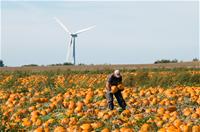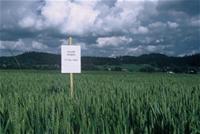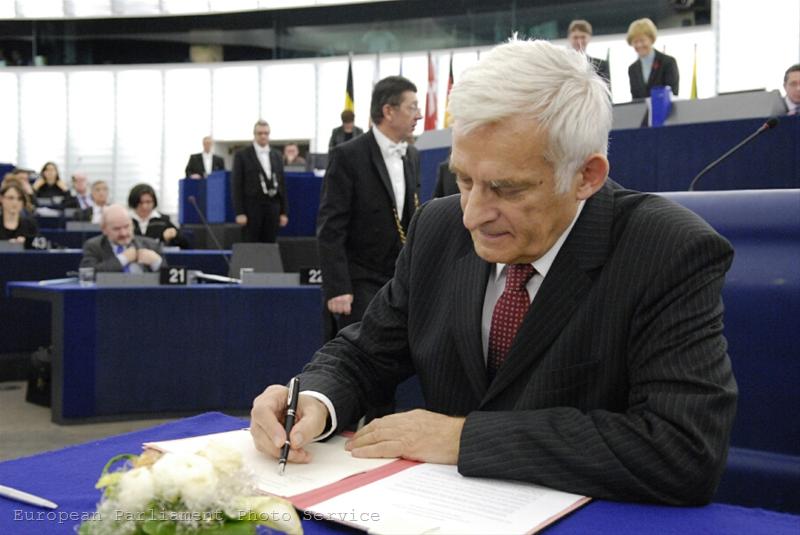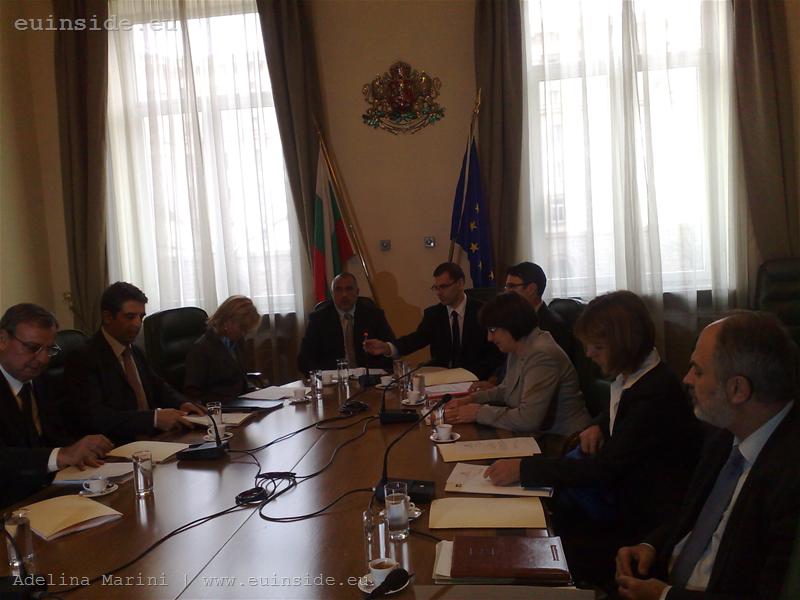France is again looking for ways to keep its large share of agriculture subsidies in the EU
euinside, December 15, 2009
 A group of 22 EU member states has called for a new "ambitious" agriculture policy of the EU to respond to the growing global challenges for food and climate, the EurActiv reports, quoting the official statement of the Group. The meeting of the 22 was organised by France which receives the largest share of agriculture subsidies on the Common Agriculture Policy (CAP) - over 40%. So far, budgetary issues related to changes in the CAP have not been discussed, the EurActiv reports.
A group of 22 EU member states has called for a new "ambitious" agriculture policy of the EU to respond to the growing global challenges for food and climate, the EurActiv reports, quoting the official statement of the Group. The meeting of the 22 was organised by France which receives the largest share of agriculture subsidies on the Common Agriculture Policy (CAP) - over 40%. So far, budgetary issues related to changes in the CAP have not been discussed, the EurActiv reports.
Absolutely expectedly, Britain did not attend the meeting in Paris. Britain during its EU Presidency in the end of 2005 negotiated changes in CAP directed to gradual reduction of subsidies and more money for innovations and science after 2013 when the current 7-year budgetary period will end. France accepted the conditions then and this sealed the deal for the financial perspectives of the Union for the period 2007-2013. The essence of the agreement was after 2013 the subsidies for agriculture to be gradually decreased by thus increasing financing for science and innovations.
Beside Britain, the meeting in Paris did not attend also the Netherlands, Denmark, Sweden and Malta.
In October the European Commission prepared a draft proposal for a reform of CAP after 2013 which includes climate change and direct support for farmers that contribute to biodiversity and sustainable agriculture practices. The purpose of the idea is to force farmers to do more to mitigate climate change as well as to decrease greenhouse emissions.
The discussions for the next financial perspectives of the Union after 2013 have not started yet but it is expected next year broader discussions and arguments to take place. In Spring this year the  Commission published a White Paper for Adaptation of Agriculture to Climate Change. The document is the result of the CAP health-check so far. In the working document, accompanying the white Paper, all threats for the European agriculture have been described as well as measures for adaptation and mitigation.
Commission published a White Paper for Adaptation of Agriculture to Climate Change. The document is the result of the CAP health-check so far. In the working document, accompanying the white Paper, all threats for the European agriculture have been described as well as measures for adaptation and mitigation.
A sound of relief is the conclusion that at EU level, no correlation has been established between the warming of the last decades and the level of crop yields, which have generally increased. The effects of technology and farm management improvements and continuous adaptation of farming practices have so far largely outweighed the impact of climate change.
Nevertheless the Commission insists for more efforts to inform farmers of these threats. This should be the main focus when negotiating the CAP after 2013. "In the context of the review of the Common Agricultural Policy after 2013 the need to ensure favourable conditions for the adaptation of agriculture and rural areas will need to be examined. Effective adaptation and adoption of new technologies, which contribute both to mitigation and the long term viability of farming, will require investments and planning efforts beyond the capacity of individual farms. Public authorities will have a role to play in supporting and facilitating climate change adaptation policies", the document says.
 The biggest threat for European farmers though is not the EU's policies, no matter whether they are good or bad but the global condition of agriculture. The reason is that climate change affects most of all those countries which aside from suffering climate change impact, are also poorest. The forecasts show that food shortages around the world will put additional pressure on global agriculture markets.
The biggest threat for European farmers though is not the EU's policies, no matter whether they are good or bad but the global condition of agriculture. The reason is that climate change affects most of all those countries which aside from suffering climate change impact, are also poorest. The forecasts show that food shortages around the world will put additional pressure on global agriculture markets.
On the other hand, continuous subsidizing increases the non-market mechanism that forms world prices thus making many vulnerable countries even less competitive. Even more difficult is the problem within the EU where the gap in the development of old and new member states is still very big.
 | © European Parliament Photo Service
| © European Parliament Photo Service | © euinside
| © euinside